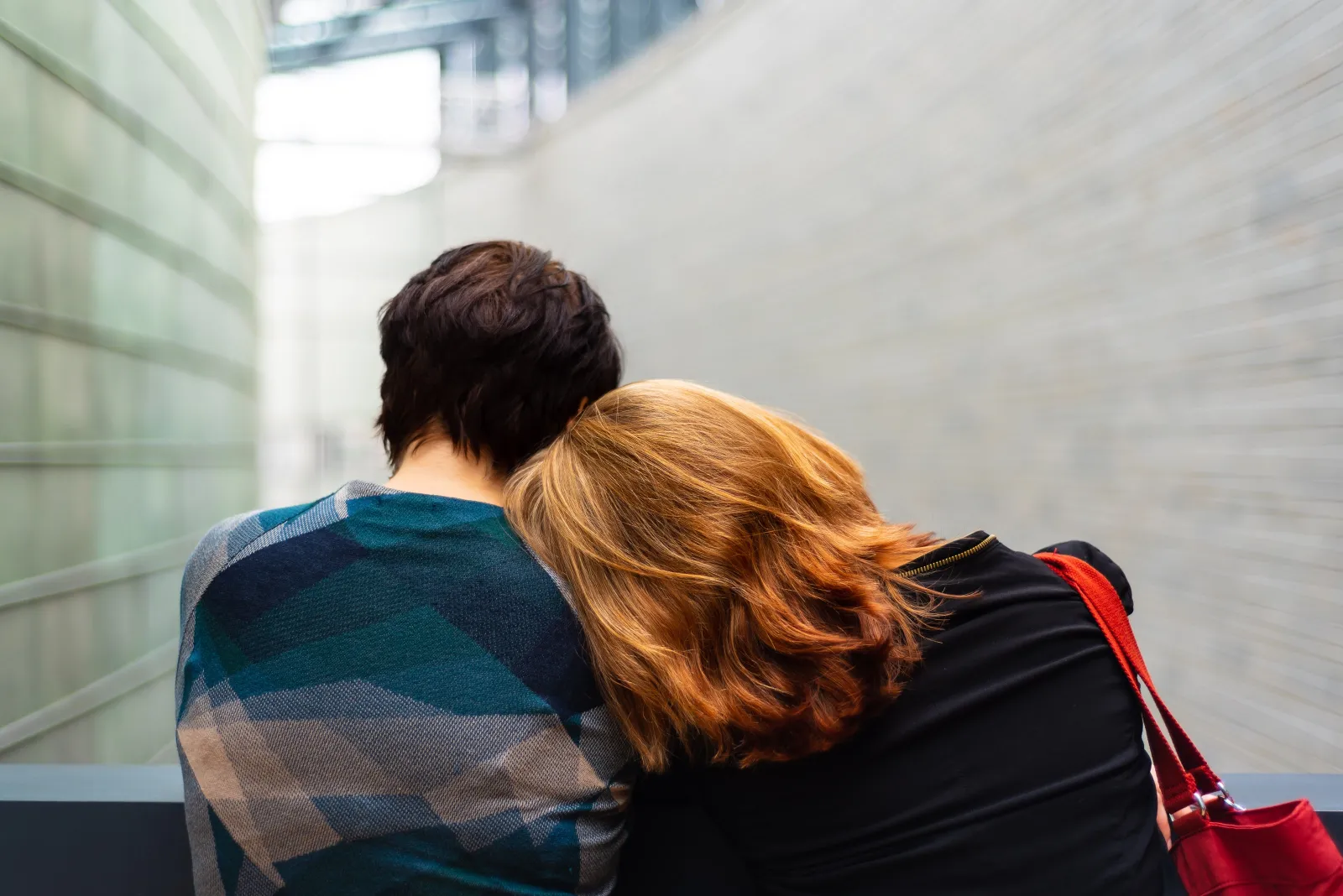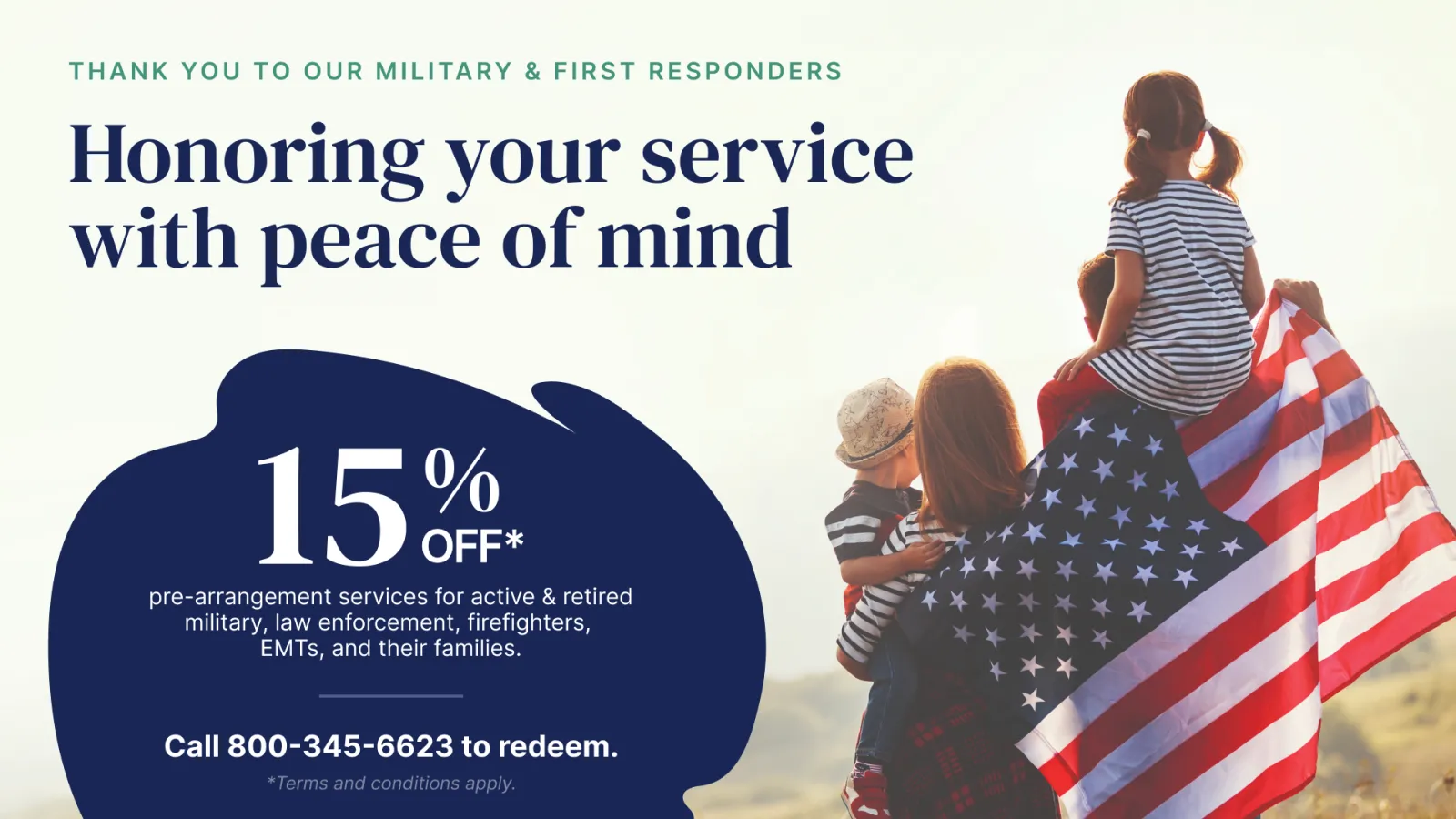
While no one wants to really dwell on it, death is of course a natural and unavoidable part of life. You will inevitably outlive some of your loved ones, and that means you might end up needing to take responsibility for memorializing a family member or dear friend. There are a great number of things you'll have to do if this is the case, and they are likely to occur while you are struggling with your own grief.
Thankfully, there is help out there. You can rely on other friends and members of your family - and you can also rely on funerary service industry professionals to help you through this tumultuous event. You can start with this helpful guide on what you need to do after someone dies.
Your Immediate Responsibilities
Let's start at the very beginning: what do you need to do immediately after someone dies. Your responsibility begins with ensuring you get your loved one's death certificate issued and also making sure proper steps are taken if they were an organ donor. If they passed in a hospital or any other type of professional care facility, these steps will be easier to accomplish. Anywhere else and you'll need to call 911 and have them brought to a hospital first.
Once these very immediate concerns are resolved, it's time to begin funeral planning. The remains of your loved one will need transportation to a funeral home from the hospital so preparations can begin. You don't have to answer the next questions, like a choice between burial and cremation, by yourself; come up with these answers with fellow invested parties to share the load. In many cases, the deceased may have already had a funeral plan, which will remove much of the guesswork.
The Next Few Days
Once the initial flurry of activity has subsided, the next few days are going to be spent winding up the affairs of your loved one. This typically includes informing friends and family that have yet to learn of the death, calling the deceased's place of work to notify them, and taking care of their home. Personal property will need to be kept an eye on; lock up homes and cars, and find temporary solutions for any pets they might have had. Finally, make sure the property manager of the building, or barring that the police, know that they need to keep an eye on the property.
At this time is when you would begin working on the details of any funeral services you want to hold for your loved one, including what their obituary would say. Should your loved one be buried or cremated, what type of casket, what type of memorial marker, etc.? Should the funeral service be religious in nature? Should there be readings or speakers, should there be music? Should there be a viewing? What about a luncheon after the service? These are the types of decisions you and the others working with you will need to make, if an advance plan was not already in place. You also need to take the time to deal with legal issues such as life insurance. As many policies put aside funds for financing funerals, this is an essential step.
After the Memorial Service
At this point, what else do you need to do when someone dies? Your job continues even after your loved one has been given a memorial service and laid to rest. If the funeral home has not contacted Social Security, for example, you'll need to do so yourself. You'll have to cancel voter registrations and driver's licenses, and you'll also need to ensure that the deceased's creditors have been contacted as well. Finally, it's time to cancel things that are no longer necessary, such as health insurance.
This is also when the assets of your loved one are taken care of on a more permanent basis. If the deceased left behind a will and there are no disputes about where their assets go, this is a relatively simple process. If there is no will, or if there are issues with the will, you may need to go through a probate process. These processes differ according to where you live, so speaking with your family attorney is an excellent idea.
The Months and Years to Come
Finally, after everything has been resolved with your loved one's assets, it's time to finally wrap things up. This includes overseeing the final disposition of things like real estate property, canceling phone contracts and cable services, and every similar details. Finally, after it's all done, you might find yourself with the ability to grieve your loved one more properly, as you're no longer keeping all these matters at the forefront of your mind.
You should understand that, at this point, you may be surprised by how deeply affected you are by your loved one's death. For the past several months, you've likely been plowing through your to-do list without spending enough time on your own feelings of grief - and now that your task is done, that grief could come back with a vengeance. These feelings may manifest as any number of truly negative emotions, but don't worry - there's nothing wrong with you. This was going to happen. You did, after all, just lose a loved one.
Again, as we mentioned above, this is why you shouldn't go through this process without some support of your own. You've been the one doing the things that had to be done while everyone else was processing their loss - now it's your turn to lean on them as they leaned on you. Speak with friends and family to help yourself heal. Attend support groups, either online or in person. Any way that helps you cope with your loss and come to terms with your new existence can be helpful. Above all, be patient with yourself - you've just done an incredible amount of work. It's time to heal, so let yourself. In time, your grief may not shrink exactly, but you will learn to exist in a world without your loved one.
If you need any help at all, or have more questions about what you may need to do after someone dies, please don't hesitate to call at 844-808-3310 or chat with us. We're here for you.

